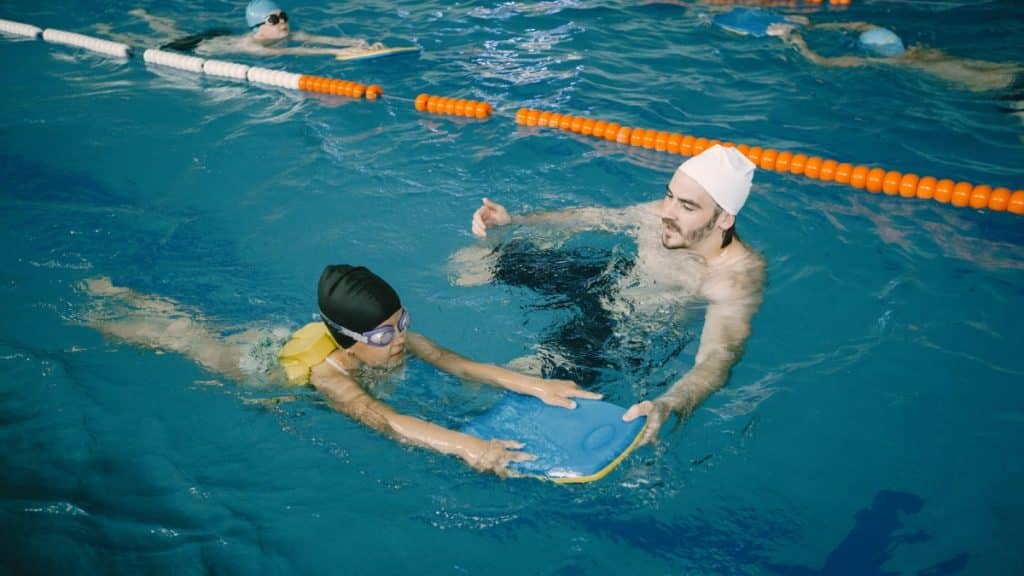Introduction:
Learning how to swim is not just a recreational activity; it is a life skill that holds immense importance for individuals of all ages. Beyond the joy of splashing in the water, swimming provides numerous physical, mental, and safety benefits. In this article, we will delve into the multifaceted reasons why learning to swim is a crucial skill that goes far beyond the confines of the swimming pool.
1. Water Safety:
Perhaps the most compelling reason to learn how to swim is water safety. Drowning is a significant cause of accidental death worldwide, and having the ability to swim is a fundamental preventive measure. Knowing how to stay afloat, tread water, and navigate through different swimming strokes can make the difference between life and death in an emergency situation. Moreover, learning water safety skills, such as recognizing dangerous currents and understanding basic rescue techniques, enhances overall water awareness.
2. Physical Fitness:
Swimming is a full-body workout that engages multiple muscle groups simultaneously. It promotes cardiovascular health, improves endurance, and enhances flexibility. Unlike many other forms of exercise, swimming is low-impact, making it suitable for people of all ages, including those with joint problems or injuries. The resistance of water also adds an extra layer of challenge, resulting in increased calorie burning and muscle toning. The regular practice of swimming contributes to a healthy lifestyle by promoting physical well-being and reducing the risk of chronic illnesses.
3. Mental Well-being:
Swimming is not only beneficial for physical health but also has positive effects on mental well-being. The rhythmic nature of swimming and the soothing environment of the water can help reduce stress and anxiety. The buoyancy of water provides a sense of weightlessness, easing the strain on joints and promoting relaxation. Swimming has been associated with improved mood, increased energy levels, and better sleep patterns. Learning to swim fosters a positive relationship with water, transforming it into a therapeutic environment that promotes mental and emotional balance.
4. Lifesaving Skills:
Swimming goes beyond the basic ability to move in the water; it includes valuable lifesaving skills. Learning techniques such as the proper way to rescue a struggling swimmer or perform CPR in water can be critical in emergencies. These skills not only empower individuals to protect themselves but also enable them to assist others in distress. By acquiring these lifesaving skills, individuals become valuable assets in their communities, capable of responding effectively in situations that require immediate action.
5. Social Opportunities:
Swimming is a social activity that opens doors to a variety of opportunities for interaction and recreation. Whether participating in swim lessons, joining a swim team, or simply enjoying a day at the pool with friends and family, swimming fosters social connections. The shared experience of swimming creates a sense of community, and the pool becomes a hub for socializing and building relationships. Additionally, participating in aquatic sports and events provides avenues for competition, teamwork, and personal achievement.
Conclusion:
In conclusion, the importance of learning how to swim extends far beyond the confines of the pool. It is a vital life skill that enhances safety, physical fitness, mental well-being, and social connections. The ability to navigate and enjoy water responsibly not only contributes to personal development but also positions individuals as valuable contributors to their communities. As we recognize the multifaceted benefits of swimming, it becomes evident that investing time and effort in acquiring this skill is a decision that pays off in numerous aspects of life. So, dive in, embrace the water, and unlock the countless advantages that come with learning how to swim.
Angela Spearman is a journalist at EzineMark who enjoys writing about the latest trending technology and business news.

